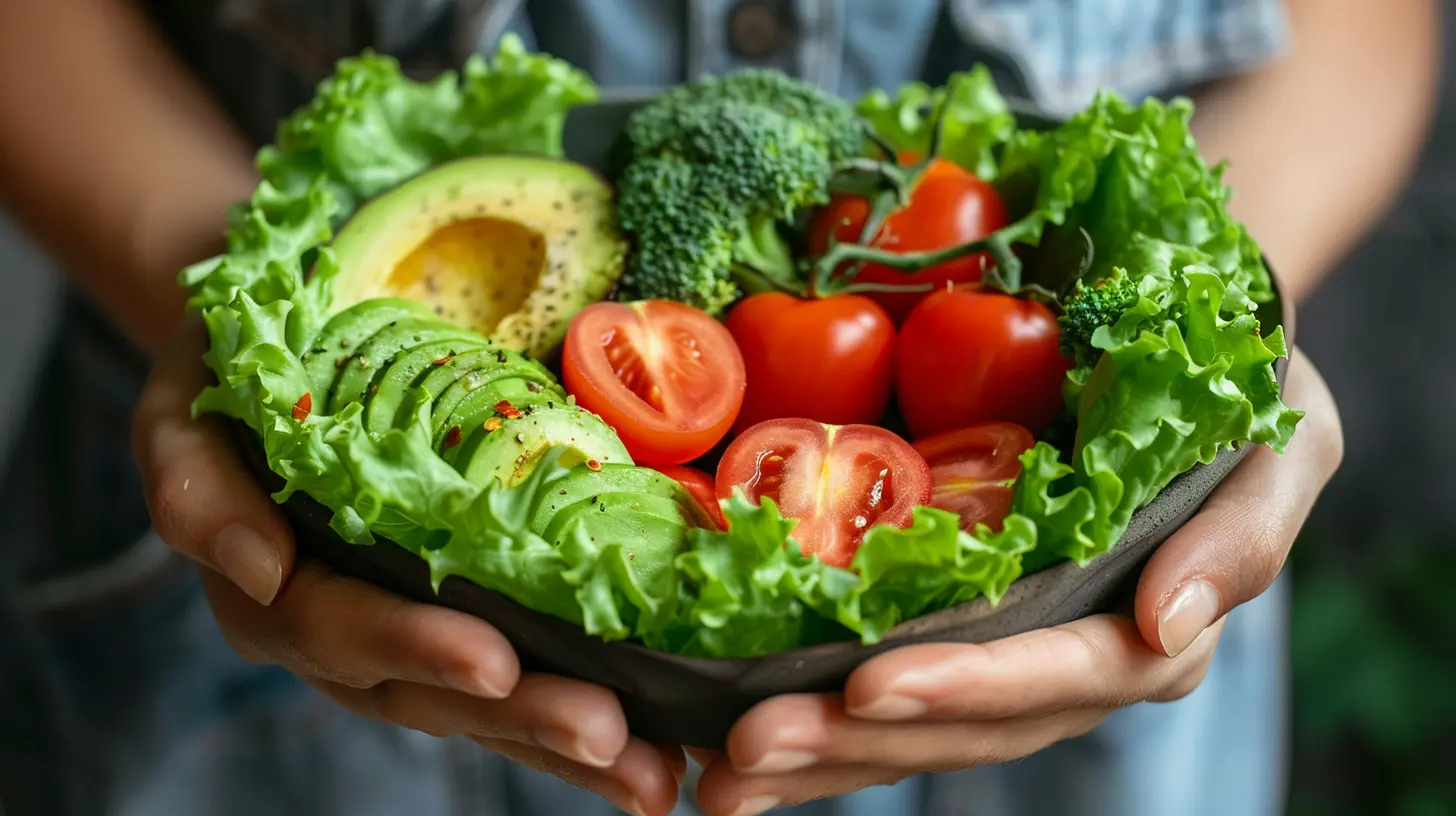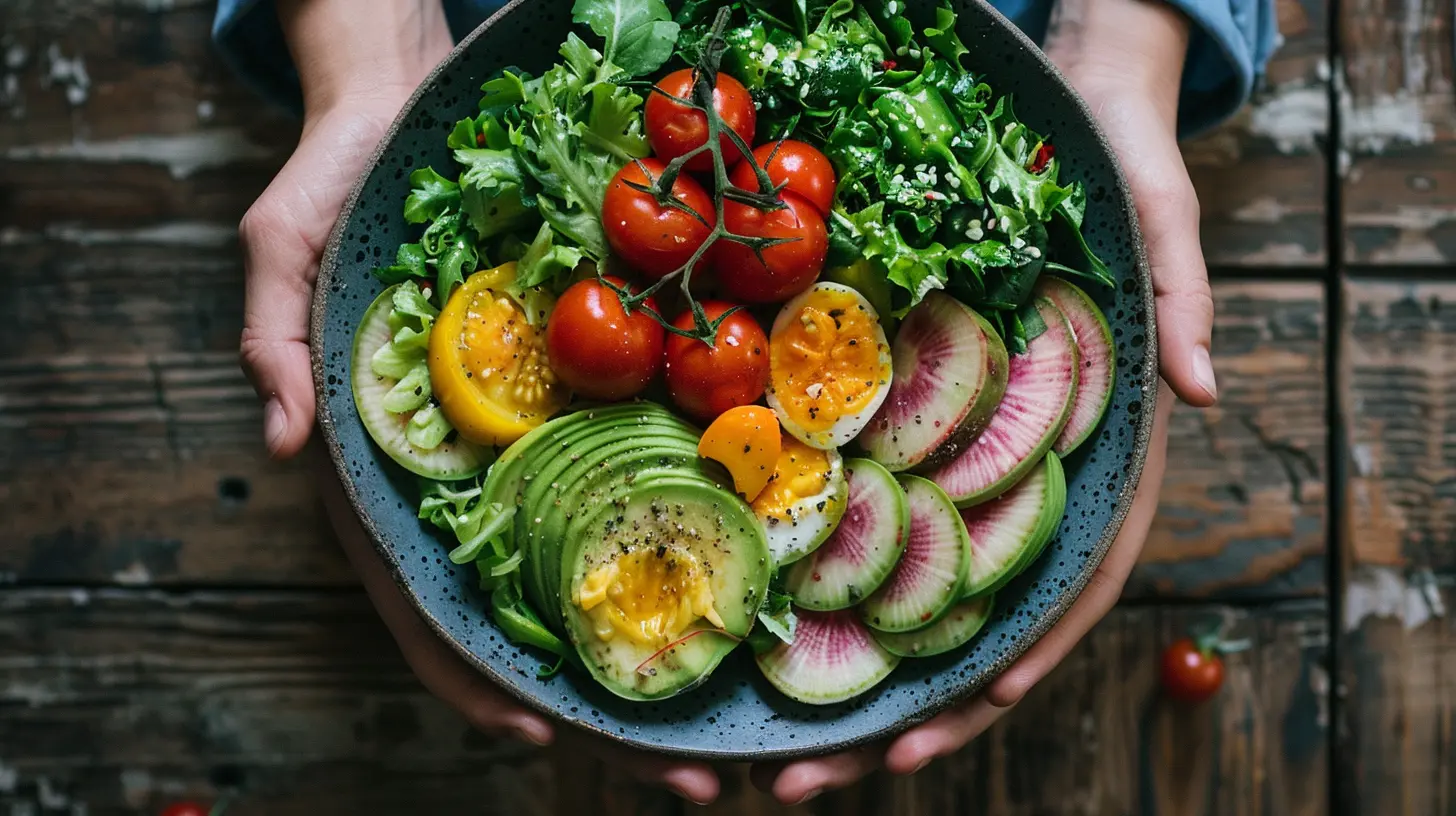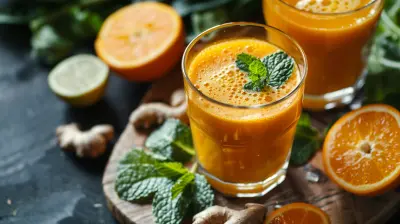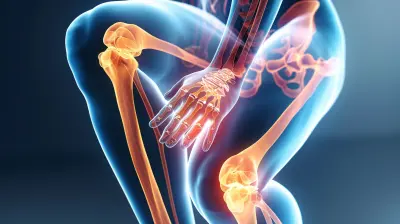Veganism and Mental Health: Is There a Connection?
27 September 2025
Let’s be honest for a second — when you think of veganism, what comes to mind? Saving the planet? Animal welfare? That super-healthy-looking person sipping a green smoothie at 7 a.m. after yoga? You’re not alone.
For most people, veganism is all about physical health and ethical choices. But lately, there’s been a growing conversation about another aspect of going plant-based — its connection to our mental well-being.
So, is there really a link between veganism and mental health? Or is it just another health trend hyped up on social media? Let’s dive deep into what the science says, what real people experience, and how your brain might be reacting to what’s on your plate.
What Exactly Is Veganism?
Before we dive into the emotional and psychological stuff, let’s clear up the basics.Veganism isn’t just about eating salads or skipping meat. It’s a lifestyle. Vegans avoid all animal products — meat, dairy, eggs, even honey and gelatin. This extends beyond food to things like clothing (no leather or wool), cosmetics (no animal testing), and household items.
It’s all about minimizing harm to animals and living more compassionately. But with such a strict diet, critics often ask: how does this affect your brain health?
Mental Health 101: It’s Not Just in Your Head
Mental health isn’t just about being happy or sad. It’s an entire spectrum of emotional, psychological, and social well-being. It influences how we think, feel, and act — and yes, even how we eat.Depression, anxiety, stress, brain fog — these are all conditions we’re hearing more about. Why? Because we’re finally talking about them, and also, our modern lifestyles (ultra-processed foods, poor sleep, chronic stress) aren’t doing us any favors.
But believe it or not, your food choices — especially something as foundational as going vegan — can play a huge role in how you feel mentally.
Veganism and the Brain: The Nutritional Connection
Let’s talk nutrients. After all, your brain is an organ — and just like a car needs fuel, your brain needs the right nutrients to function properly.Here are some key players:
🧠 Omega-3 Fatty Acids
These are crucial for brain function and fighting inflammation. Fish is the go-to source, but vegans turn to flaxseeds, chia seeds, walnuts, and algae-based supplements. Skipping out? You could face mood swings, brain fog, or even depressive symptoms.🌞 Vitamin B12
This one’s a biggie. B12 helps with nerve function and cognitive health, and it’s found almost exclusively in animal products. Without it? You might feel tired, confused, or anxious. That’s why most vegans take a B12 supplement — and if you’re plant-based, you definitely should too.🌱 Iron and Zinc
Low levels can leave you feeling sluggish and mentally drained. While plant sources like lentils, beans, and tofu contain iron and zinc, they’re not as easily absorbed as those from animal products. Pairing them with vitamin C can help.🌈 Amino Acids (like tryptophan)
These are building blocks for neurotransmitters like serotonin (your feel-good chemical). Tryptophan is found in foods like oats, soy products, and pumpkin seeds — so yes, vegans can still get their serotonin boost!
The Positive Effects of a Vegan Diet on Mental Health
Let’s talk benefits. Because despite the nutritional hurdles, many report feeling emotionally better after going vegan. And there’s some solid science backing it up.💚 Reduced Inflammation
Plant-based diets are packed with antioxidants and anti-inflammatory compounds. Less inflammation in the body = better brain function and improved mood.🥗 Improved Gut Health
Your gut and brain are besties — they communicate through the gut-brain axis. A fiber-rich vegan diet feeds good gut bacteria, which may help reduce anxiety and depression.☀️ Stabilized Blood Sugar
Plant foods tend to have a lower glycemic index, which means your blood sugar stays more stable — and as a result, so does your mood (no more rollercoasters!).🤗 Psychological Uplift
There’s a feel-good aspect to aligning your diet with your values. Many vegans report feeling more at peace, connected, and purposeful — which can significantly boost mental well-being.The Challenges to Watch Out For
Of course, it’s not all sunshine and rainbows. Veganism — especially if not done right — can take a toll on mental health.😟 Risk of Deficiencies
As we mentioned earlier, missing out on key nutrients like B12, iron, or omega-3s can lead to mental health issues. If you go vegan without planning, your brain might suffer.🍽️ Social Isolation
Let’s face it — being vegan at a family BBQ or a dinner party can be... awkward. Constantly explaining your choices or feeling like the odd one out can lead to social stress or even anxiety.🧠 Orthorexia Risk
This is a lesser-known eating disorder that involves an obsession with eating “clean” or “pure.” Some people who switch to veganism for health reasons may unknowingly fall into disordered eating patterns.The Psychological Profile of a Vegan
Interestingly, some studies suggest that people who choose veganism might already be more empathetic, introspective, or sensitive to ethical issues. These traits can be double-edged swords — while they reflect a deep care for life, they can also make a person more susceptible to stress or overthinking.But on the flip side, vegans often show a high level of mindfulness and self-awareness, which are protective traits when it comes to mental health.
What the Science Says
Research is still catching up, but here’s what we know so far:- Some studies show that plant-based eaters report lower levels of stress and anxiety.
- Others suggest an increased risk of depression among strict vegans, likely due to nutrient deficiencies.
- However, when those nutritional gaps are filled through smart planning or supplementation, the mental health benefits tend to outweigh the downsides.
So, bottom line? It’s not so much the diet itself, but how you do it.
Tips for Supporting Mental Health on a Vegan Diet
Thinking of going vegan or already plant-based and want to keep your mind as healthy as your body? Here’s how:1. Get Regular Blood Tests
Yep, not sexy. But checking your B12, iron, and vitamin D levels can help you stay ahead of any nutritional problems.2. Supplement Smartly
B12 is non-negotiable, omega-3s and iron often need a boost too. A good multivitamin designed for vegans can be a game-changer.3. Diversify Your Plate
The more colors, the better. Mix up your fruits, veggies, grains, nuts, and seeds to get a broad range of nutrients.4. Stay Social
Don’t isolate yourself because of your diet. Share your food, connect with like-minded people, and remember — food is about community too.5. Seek Mental Health Support
If you’re struggling, don’t chalk it up to your diet alone. Talk to a mental health professional — preferably someone who understands plant-based nutrition.So, Is There a Connection?
Short answer? Yes. Veganism and mental health are definitely connected — but it’s complicated.A well-planned vegan diet can support excellent mental health thanks to its anti-inflammatory effects, fiber-rich foods, and alignment with ethical values. But without the right nutrients and a balanced approach, it can also lead to stress, anxiety, or even depression.
It all comes down to how you approach it.
Are you doing it for the right reasons? Are you nourishing your body AND your mind? Are you staying informed and supported?
If the answers are yes, then veganism might just be the mental health boost you didn’t know you needed.
Final Thoughts
We’re all wired differently. What works for one person might not work for another. But if you’re curious about how your diet impacts your mood, energy, and emotional well-being — veganism is definitely worth a closer look.Your plate is more powerful than you think. And feeding your mind might just start with feeding your body a little more mindfully.
Stay kind, stay curious, and remember — mental health is just as important as physical health.
all images in this post were generated using AI tools
Category:
Vegan DietAuthor:

Laura Hudson
Discussion
rate this article
1 comments
Beatrix Clark
Veganism may boost mental health; research supports potential benefits.
October 22, 2025 at 4:53 AM

Laura Hudson
Thank you for your comment! Indeed, emerging research suggests that veganism may have positive effects on mental health, highlighting the importance of a well-planned diet for overall well-being.


